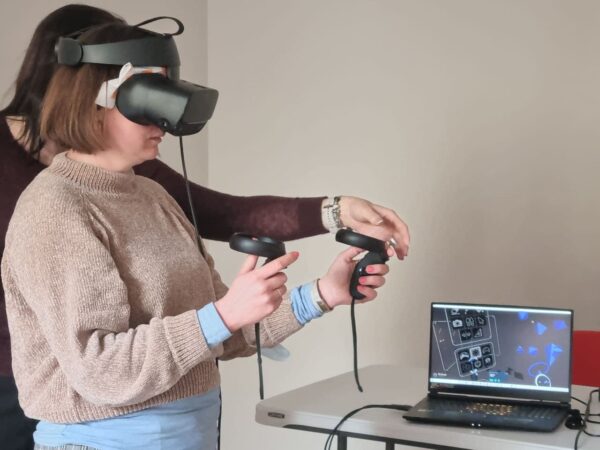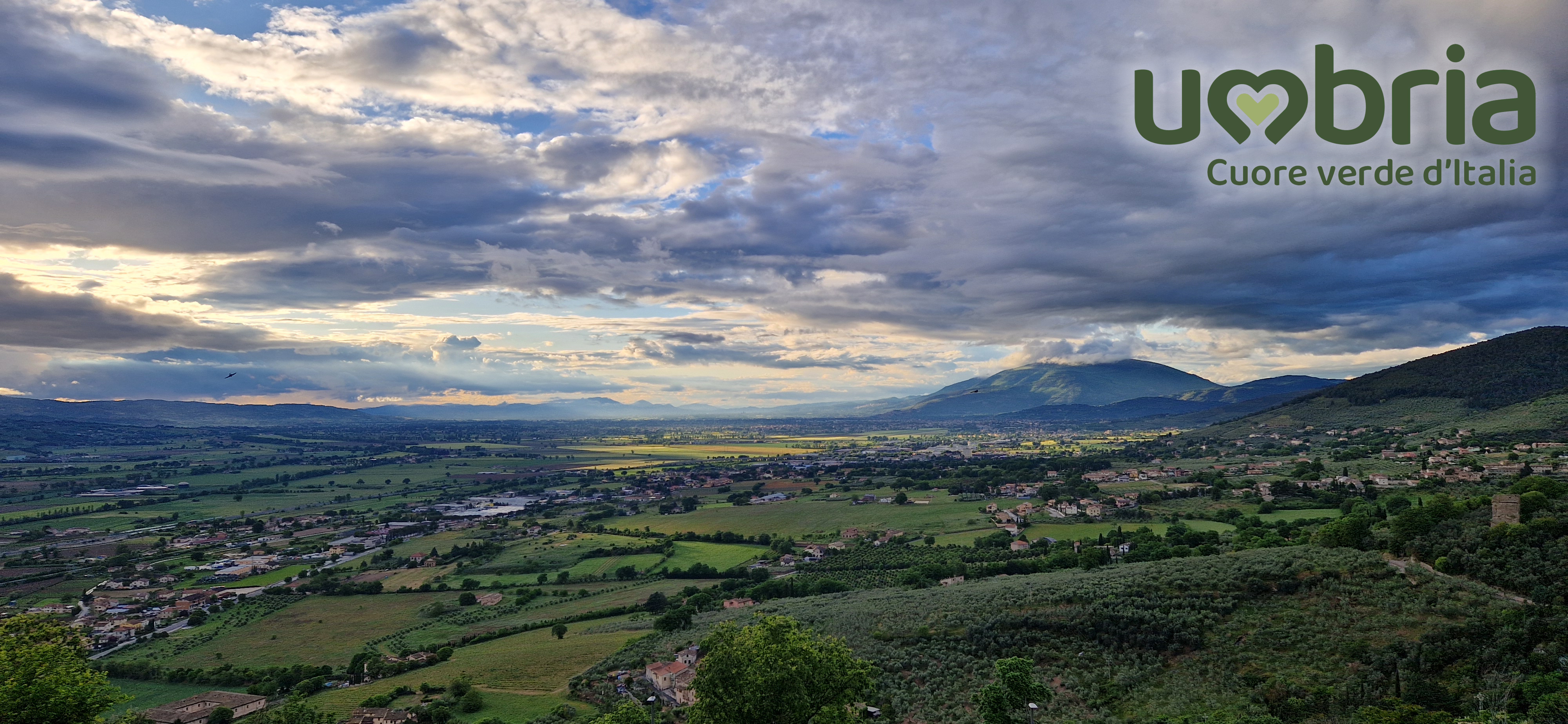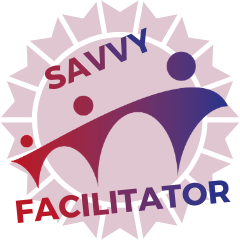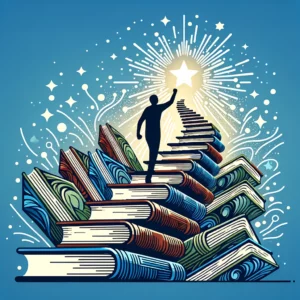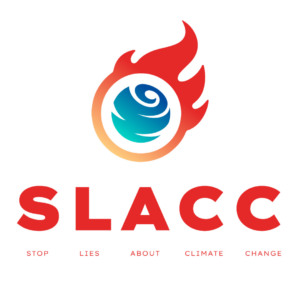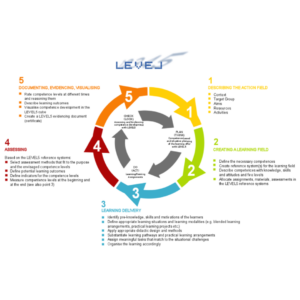Description
The methodology addresses the issue
of enhancing cultural heritage in a completely new way.
The training methodology deals with the design and implementation of digitally
enhanced art events and cultural heritage experiences.
The
sessions provide training in the theory, operating
methods and cutting-edge design tools for the development of
digitally enhanced art events and cultural heritage
experiences.
The course consists of two parts:
o
a basic introduction to key
concepts, tested models and effective digital tools to improve the learning
experience in culture and art;
o
a project-based hands-on advanced
workshop focused on staging an augmented-reality-powered cultural
heritage experience.
European Dimension
The multi-cultural dimension of our courses represents an added value for our participants who always have the opportunity to get in contact with colleagues from other EU countries and learn new skills through a cooperative learning approach.
Expected Outcome
The Course intends to provide participants with the skills and competencies needed to develop digitally enhanced art events and cultural heritage experiences.
The main learning outcomes are:
- Co-design, co-create and stage museatrical (museum+theatre) representations of local heritage, traditions and art;
- Develop theoretical and practical competences in digital valorisation of tangible and intangible cultural heritage;
- Understand key concepts regarding spatial computing and machine learning with special attention to their application to augmented reality;
- Design of augmented reality experiences, using tested models like museater, digital monument and digital ghosts;
- Drama-based basic digital storytelling techniques;
- Use of virtual reality to expedite production of digital content for augmented reality experiences or video production;
- Identification of the right open license to publish the work produced.
Certification
Attendance certificate released at the end of the course
About Umbria Region
Training courses takes place all over the Region, depending on the period of the year, the topic and the type of the course. Besides Foligno and Perugia, our favourite locations are Trasimeno Lake in summer period, the Colfiorito mountain valley in winter and the many agritouristic facilities scattered in our beautiful countryside for the rest of the year.
Venue address
Via Andrea Vici 8b
06034 Foligno
Italy
European Grants International Academy
Address
Via Andrea Vici 8b, 06034 Foligno (PG)
Website URL
https://www.erasmuspluska1.eu/
Contact persons
Altheo Valentini, altheovalentini@egina.eu
Co-Organiser (local host)
Name of Co-Organisation
CRHACK LAB FOLIGNO 4D
Short Description of the Organisation
The CRHACK LAB FOLIGNO 4D (CLF4D) was created to help young people develop an addiction to innovative thinking and to acquire a conscious digital practical culture, exposing them in advance to the most advanced technologies to prepare them for the new jobs that will arise in the next decade. All this with the accompaniment of a team of mentors whose multidisciplinary skills range from management and enhancement of cultural heritage to spatial computing, including communication, art, publishing, and design. The NGO works as an Open Lab that makes available innovative AR/ VR technologies (such as AR/VR headsets, 3D printers etc) to the local community with the aim to involve disadvantaged young people who otherwise would not have access to these technologies. Particular attention is driven to the inclusion of those who are at risk of social exclusion.
Organisation Website
https://clf4d.eu/

